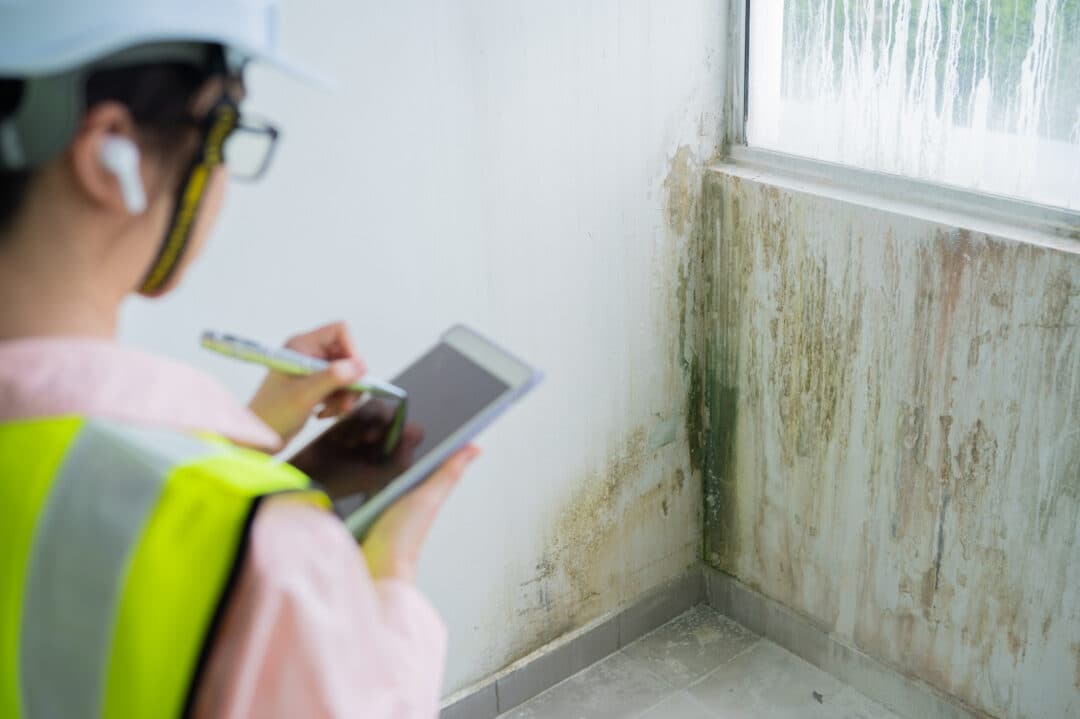Today’s challenges for PRS property managers

Although not entirely regulated, the private rental sector often feels that way with increasing compliance, political agendas and heavy fines for those who don’t precisely toe the line.
Now, more than ever, change is coming, especially with the imminent implementation of the Renters’ Reform Bill. With this in mind, Viewber looks at the challenges for today’s private rental sector (PRS) property managers
Implementing & upholding fire safety standards
October 2022 sees the introduction of new fire safety regulations that pertain to all properties in the private rental sector. As of 1st October 2022, amendments to the Smoke and Carbon Monoxide Alarm Regulations stipulate landlords and letting agents managing properties must:
- Ensure carbon monoxide alarms are provided in all rooms with a fixed combustion appliance (excluding gas cookers)
- Ensure carbon monoxide alarms are provided upon installation of any heating appliance (excluding gas cookers) in all tenures through building regulations
- Repair or replace alarms once informed that they are faulty
Property managers are now racing to ensure their managed portfolios meet these new regulations, as fines can be issued from 1st October 2022. The new regulations are also in addition to those already in force, which included:
- A landlord or their acting letting agent ensuring smoke alarms are fitted on every floor of a property, where there is a room used wholly or partly as living accommodation
- A landlord or their acting letting agent providing carbon monoxide alarms in any room where solid fuel is burnt, such as wood, coal or biomass, including open fires
- A landlord or their acting letting agent ensuring that all fire safety alarms work at the start of each tenancy
The amended smoke and carbon monoxide alarm regulations come hot on the heels of the introduction of The Fire Safety (England) Regulations 2022, of which there are new duties laid under article 24 of the Fire Safety Order 2005.
These new regulations fall under the remit of ‘responsible persons’, which include property managers, letting agents and landlords who rent properties in multi-occupied buildings. Responsible persons are now required to:
- undertake annual checks of flat entrance doors
- make quarterly checks of all fire doors in common parts where the residential building is more than 11 metres in height
- provide tenants with information relating to the importance of fire doors in fire safety in all multi-occupied residential buildings with two or more sets of domestic premises
Fire safety is of paramount importance in the private rental sector and regulations can’t be ignored, nor inspection/testing visits skipped. Implementing the law, however, is time consuming and needs man hours.
To help property managers and letting agents keep on top of fire safety compliance, Viewber has developed two specific services:
- Fire door & emergency exit checks
A Viewer will look for notable gaps, check for damage to seals, inspect hinges and opening mechanisms, try the door to see if there are any issues with it closing and opening, and carry out certification checks. Written and photographic evidence will be provided to substantiate a visit.
- Smoke detector & carbon monoxide alarms
A Viewber will identify, photograph and audibly test all smoke detectors and carbon monoxide alarms present in a property, advising if any alarms or batteries need replacing.
Overcoming a shortage of skilled labour
Property management inevitably involves property maintenance. While many managers will already experience difficulties in booking reliable trades and securing the time of trusted contractors, the challenge looks set to intensify.
According to Rated People’s Home Improvement Trends Report 2022, demand for tradespeople increased by 32% in 2021. Worryingly, the survey also found 44% of tradespeople expected to delay or cancel work this year because of a shortage of materials. To note, the most in demand trades for 2022 were identified as bathroom fitters, tilers, roofers, plumbers and plasterers/renderers.
A shortage of skilled labour, coupled with the rising cost of materials, comes at a time when many property managers are urging landlords to make home improvements. The industry is expecting the imminent arrival of a new Decent Homes Standard as part of the Renters’ Reform Bill, which will run in tandem with the Landlord & Tenant Act 1985 and the Homes (Fitness for Human Habitation) Act 2018. Property managers will also have to factor in the Government’s green agenda – more on that to follow.
If you have had to decline a trade due a lack of staff being able to meet and greet them, Viewber can help. We have a range of ‘enable access’ services that cover collecting keys and opening up a property; ‘sit and wait’ for trades, part and deliveries; locking up after work is complete and compiling post-repair inspection reports.
Overseeing the shift towards sustainable housing
The private rental sector has a pivotal part to play in the Government’s ambition to become a carbon net zero country by 2050. The lettings sector is now enforcing, by default, minimum energy efficiency standards on buy-to-lets, with its existing framework of rules and regulation the conduit. As follows:
- From 1st April 2025, properties where a new, renewing or extending tenancy is starting will need an EPC rating of at least a C to be considered legal.
- 1st April 2028, a minimum EPC rating of at least a C will become mandatory for all rental properties
Letting agents and landlords will be unable to advertise or let rental properties that do not meet the new EPC standards, making energy efficient upgrades mandatory for many.
To help achieve these goals and shift rental properties onto more sustainable methods of fuel, the Government will ban the sale and installation of coal, oil and LPG-fired boilers from 2026. In 2035, the restriction will go a step further, with a ban on all new gas boiler sales and installations.
This will back landlords into a corner, forcing many to install heat pumps – seen by many as the best way to improve an EPC rating. While the Boiler Upgrade Scheme has created grants of £5,000 towards the installation of a new air source heat pump – or £6,000 if the intention is to install a ground source heat pump – the fund will only stretch to 90,000 homes. Additionally, it’s highly unlikely that each grant will cover the complete cost of buying and installing a heat pump.
Even if landlords are successful in securing funding for a heat pump – or they ringfence money to purchase one – property managers tasked with the fitting will struggle to find a trained and registered trade to take on the installation.
Nesta – an innovation foundation – released a report in July 2022 about the worrying skills gap concerning sustainable heating. It estimates there are currently only 3,000 trained heat pump engineers in the UK, but at least 27,000 will be needed in the next six years. At the moment, there is little incentive for gas boiler engineers to retrain as heat pump engineers, as the wages are broadly lower and the training expensive.
Viewber continues to support property managers and landlords by undertaking property visits, inspections and reports on their behalf. Our nationwide, seven day a week service is ideal for property managers juggling inventories, contractor visits, deliveries and viewings. Contact us if you’d like to know more.



